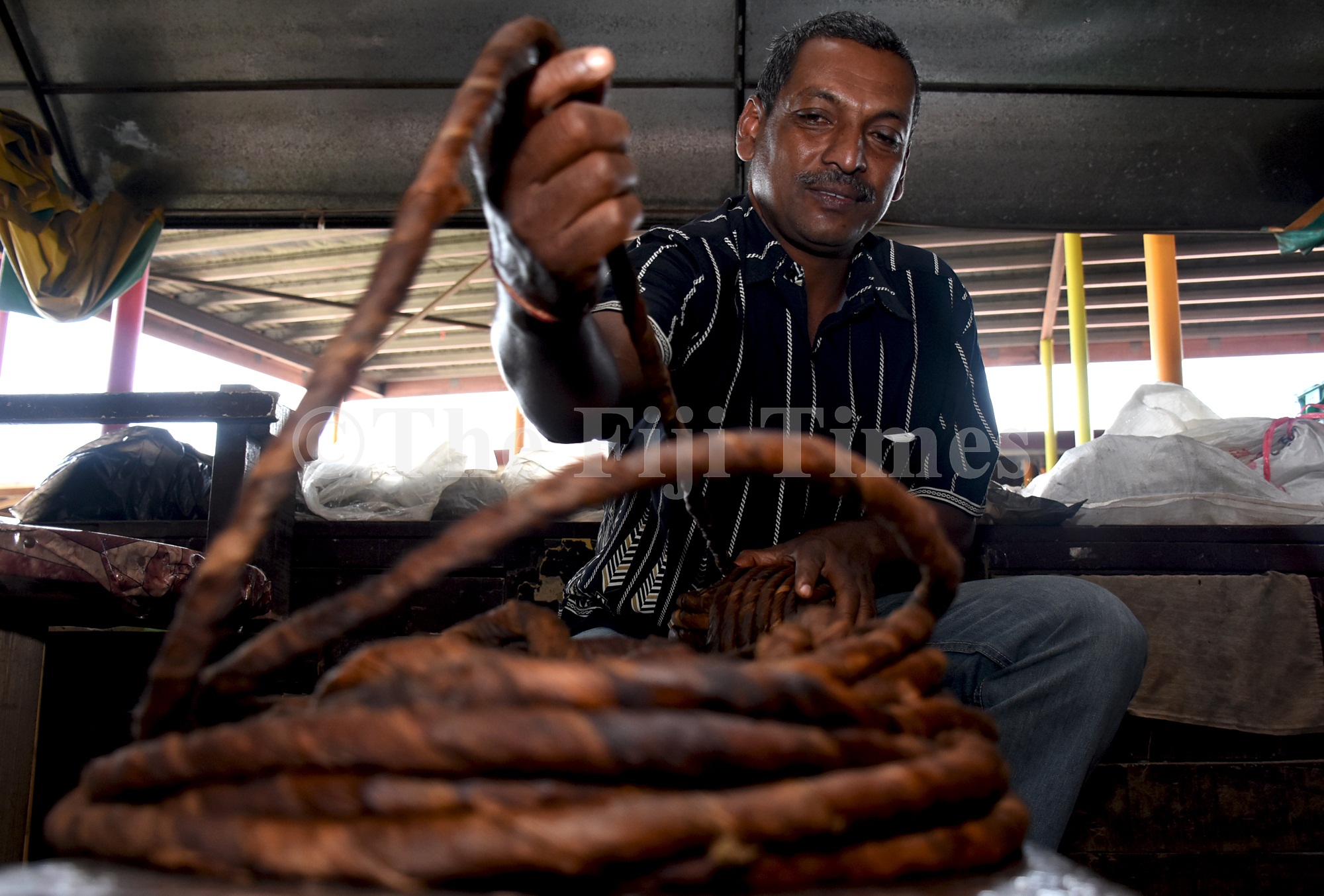Imposing a tax on suki or air dried tobacco leaves is a move in the right direction should Government carry through with it, Nadi Chamber of Commerce president Dr Ram Raju said.
And he has reiterated earlier calls he made for Fiji to become a tobacco-free nation.
“Bold and decisive action is needed to declare Fiji smoke-free. We have been fighting the tobacco consumption rates in the past 40 years and the trend is just not getting any better but worsening,” Dr Raju told this newspaper.
At the launch of the Consumer Council’s report on suki consumption in Fiji, titled: “Smoke Signal: Understanding the Drivers of Suki Consumption in Fiji”, Deputy Prime Minister and Minister for Trade Manoa Kamikamica alluded to the taxing of suki as a likely course of action by Government in order to ensure that its contribution to non-communicable diseases (NCDs) is arrested at taxation level.
“Taxation should have been done decades ago for obvious reasons,” Dr Raju said.
“Cigarette smoking is known to be the leading cause for premature morbidity and mortality. It’s directly linked to the high incidence of NCDs in Fiji that everyone is well aware of. It’s worth noting that the DPM talks about tobacco farmers to consider growing vegetables and other crops. NCCI had made several submissions in the past on the need to impose higher taxes on cigarettes and for Government to stop supporting the tobacco industry. But what we noted is that some high ranking cabinet ministers and even PM opening tobacco factories.
“Tobacco farming has to be discouraged and instead all these farmers to be assisted with mixed vegetable and fruit farming.”
According to the Consumer Council’s report, suki consumption carries health risks similar to cigarettes, including addiction, respiratory problems and oral cancer.
Cigarette smoking on its own is linked to the death of more than 1200 Fijians annually and cost Fiji $319million a year in healthcare expenditures and tobacco-attributable mortality and ill-health, according to the recently released “Investment Case for Tobacco Control in Fiji” report, prepared and released last year by the Minister of Health with the help of the United Nations Development Programme (UNDP), Secretariat of the WHO Framework Convention on Tobacco Control (WHO FCTC), World Health Organization (WHO), and the Research Triangle Institute International (RII).



